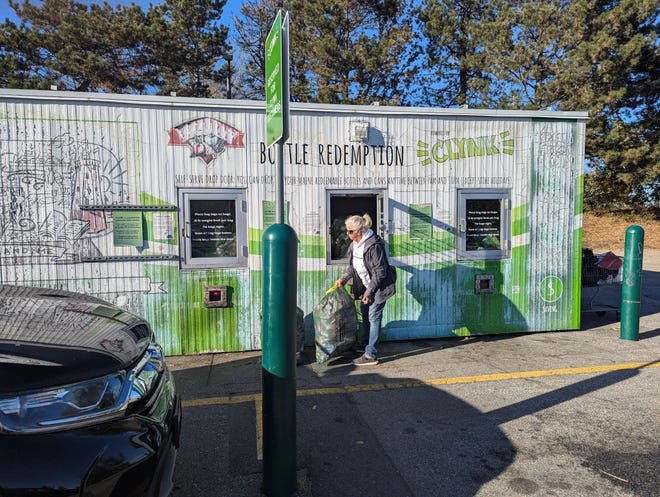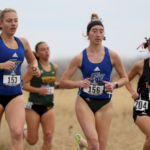An unexpected problem arose on California’s way to a better recycling future. Buyback centers disappeared.
Those who recycle only through their curbside programs may not have noticed, but many people need their California Redemption Value, or CRV, money back, and many more see convenient buyback recycling as a matter of basic fairness.
The 5 to 10 cents we pay per bottle or can was not meant to be a tax. It is supposed to be available as a payment for consumers who choose to sell back their recyclables. Where recycling works well and recycling centers compete for business, customers might even receive additional payment for scrap value.
However, since the 1986 passage of California’s “bottle bill,” as Assembly Bill 2020 is known, a lot has changed. One major change is that supermarkets are more sensitive to the complaints of neighbors and less tolerant of the litter, odor and clientele associated — sometimes unfairly — with operations that sort recyclables on site and pay people in cash.
A new technology provides hope recycling centers can overcome these problems and be welcomed back to supermarket parking lots and perhaps even to community centers and parking lots of government buildings. The new technology involves machines guided by artificial intelligence, which count and sort recyclables dropped off in mixed bags, attribute the appropriate CRV payment to the person who dropped off the material and credit the consumer’s electronic account.
Customers attach identifying tags to bags, which they drop off in secure, sealed structures or temporary, staffed trailers. Companies then pick up the bags, transport them to processing locations and use the AI vision technology to identify CRV material, sort and credit the payment to accounts matching the tags.
The entire footprint for either the temporary day-use buyback trailers or solar powered drop-off structures is little more than one parking place. But for now, supermarkets and other traditional locations for recycling buyback are still suspicious. Prospective site owners have been reluctant to sign on to the new recycling initiative.
To spur the process, the California Department of Resources Recycling and Recovery, CalRecycle, awarded innovation grants to companies trying to set up the new sites in a variety of locations underserved by buyback recycling, including Ventura County.
One of those companies is CRV Recycle Center Inc., which has conventional buyback centers in Simi Valley and Thousand Oaks. The company plans to partner with Recycletek, a provider of the new recycling technology. Recycletek has been operating these clean and innovate centers with secure transactions in the Bay Area since last year.
Conditionally awarded projects have only until Nov. 25 to verify agreements with sites willing to host new drop-off sites. Because initially proposed sites for recycling aren’t responding as hoped, CRV Recycle Center and its vendor, Recycletek, are seeking alternative sites within the same unserved areas proposed in their grant application.
Among these alternative sites are properties owned by local governments.
“Public agencies know how important can and bottle recycling is, not just for the environment and to meet state mandates, but as a public service. The people served by the city want their redemption value payment back, and it is a public service to help your constituents get this money,” said Maria Khachiyan, owner of the CRV Recycle Center locations in Simi Valley and Thousand Oaks. “That’s why we are asking cities and counties if we can use public parking lots at city halls and community centers for one-day-per-week drop-off recycling.”
A demonstration of the Recycletek technology will take place at Ventura County’s America Recycles Day event on Nov. 15, from 8 a.m. to 4 p.m., at the Service Building of the Ventura County Government Center, 800 S. Victoria Ave., Ventura.
Although Recycletek will not buy back cans and bottles at this event, the public is invited to drop off electronics for recycling by another vendor. Electronics don’t include appliances or batteries. While supplies last, attendees may receive, free of charge, two prefilled bags of mulch per person, made by Peach Hill Soils of Somis and provided by the county Public Works Agency.
David Goldstein, an environmental resource analyst with the Ventura County Public Works Agency, can be reached at 805-658-4312 or david.goldstein@ventura.org.










